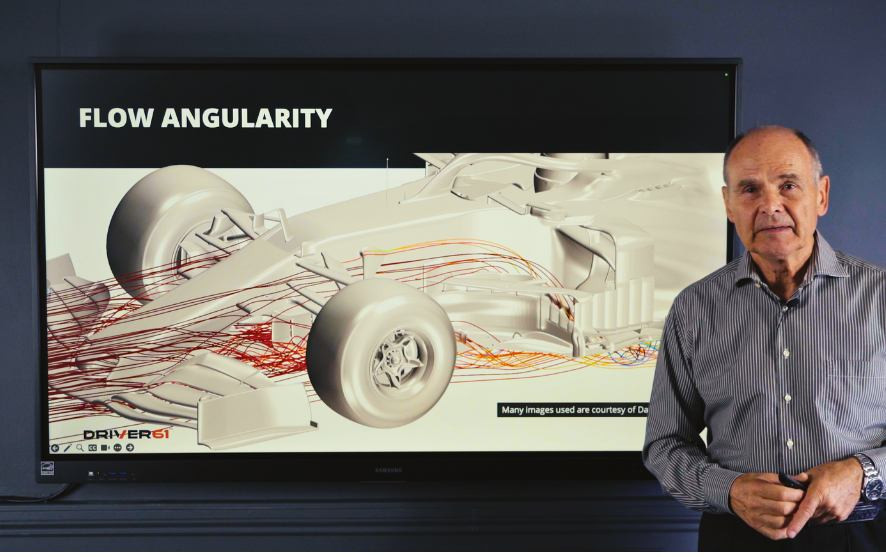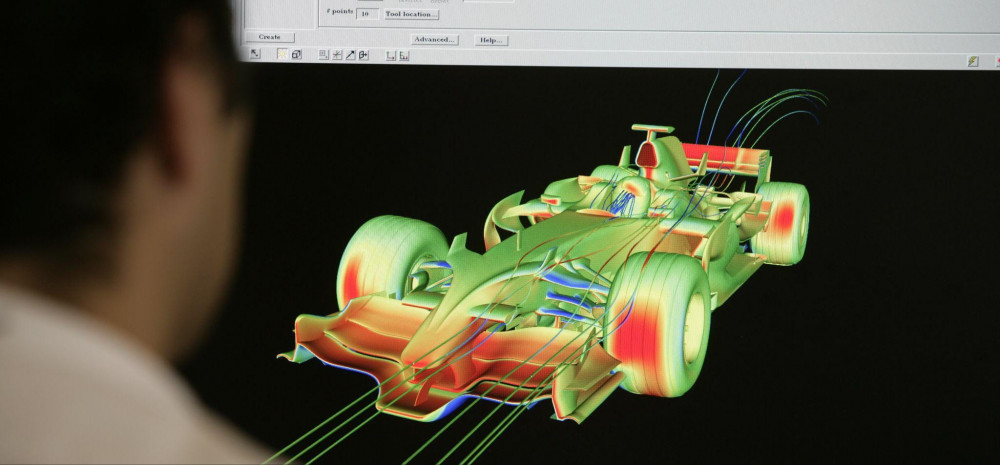Motorsport organisations, particularly in Formula 1, tend to choose not to disclose salary information when they’re hiring. This is especially true for front-line race team positions, and in particular, the sensitive design, aerodynamics and engineering roles.
If you’re a graduate or a fully qualified aerodynamicist looking to move from say, aerospace to Motorsport, it’s frustrating trying to understand your “worth”. As difficult as it can be to get to a rough “ballpark” salary range, the habit of not disclosing salaries publicly is a strategic decision (and, a choice other competitive industries make, too).

While “intel” on Motorsport salaries is hard to come by, we’ve used a variety of data sources to collate F1 salary statistics ranging from direct (confidential) sources at F1 teams, assessed against prior salary surveys. Sites like Glassdoor are reliable, provided that the number of submissions for the same role is statistically significant.
By cross-checking similar roles across a sample of similarly sized teams, we think we can get close to the mark on our numbers. Our data accounts for expected inflation into the 2025 racing season and covers most of the major roles on the front line of an operation F1 team.
F1 Engineering Roles and Salary Stats
Updated ready for 2025, we carried out a Motorsport Salary survey that updated our original estimations.
The salary data summary is below, or, take a look at our full results and methodology in the report.
[motorsport_salary_table]
Source: Motorsport Salary Survey, December 2024.
Why is it difficult to get F1 salary data?
We all know just how competitive the motorsport industry is, not just on the track but also in terms of talent acquisition in-house.
If you leave a position of seniority in an F1 team, you’re almost certainly going to find yourself on gardening leave, perhaps for a full season. The intellectual property accrued alone is almost priceless, and I suppose F1 teams don’t want to encourage too much staff attrition.
Repeated salary re-negotiations are also likely a distraction in the cost-capped era, too.
By keeping salary information confidential, teams are creating a degree of flexibility in negotiations with potential new hires. That confidentiality gives the organisation scope to tailor their package offers based on the candidate's experience, potential, and external market factors.
Team morale is a key issue, too. When salaries are publicly advertised, it almost always leads to uncomfortable comparisons inside the team, potentially affecting team dynamics. Salary information is confidential.
The F1 meritocracy: Previous results and reputation
F1 is an industry where the value of an employee is significantly influenced by their previous results and reputation.
If you’re a race engineer and you’ve won a driver’s championship or, you've contributed to a constructor's championship, then you’re going to command a premium during negotiations.
Bonuses and other compensation
The way personnel are compensated in motorsport plays a factor, too. Packages always include performance-based incentives, generous travel allowances, and other benefits that take into account issues like having to work incredibly long hours, over the weekends (obviously) and Bank holidays (UK).
Taking into account less tangible benefits may make the salaries themselves look less consummate with the average rate of salary growth. In the UK, the average salary has increased by 53% since 1999:

So, simply publishing a salary range will not represent the total compensation on offer, nor is a team’s HR department likely to want to publicise exactly what that package is! F1 salaries are benchmarked internationally so it is extremely difficult to pin down expectations on pay rises and so on. Look at the bigger picture (and work to win!) and it's probable your total gross income will far exceed the typical rate of growth in countries like the UK.
All of this might seem like a challenge for job seekers, but let’s not forget how demonstrable experience, passion and commitment to Motorsport is what gets you through the door for an interview. And, at that point, you have every right to ask about the package and likely salary range.




